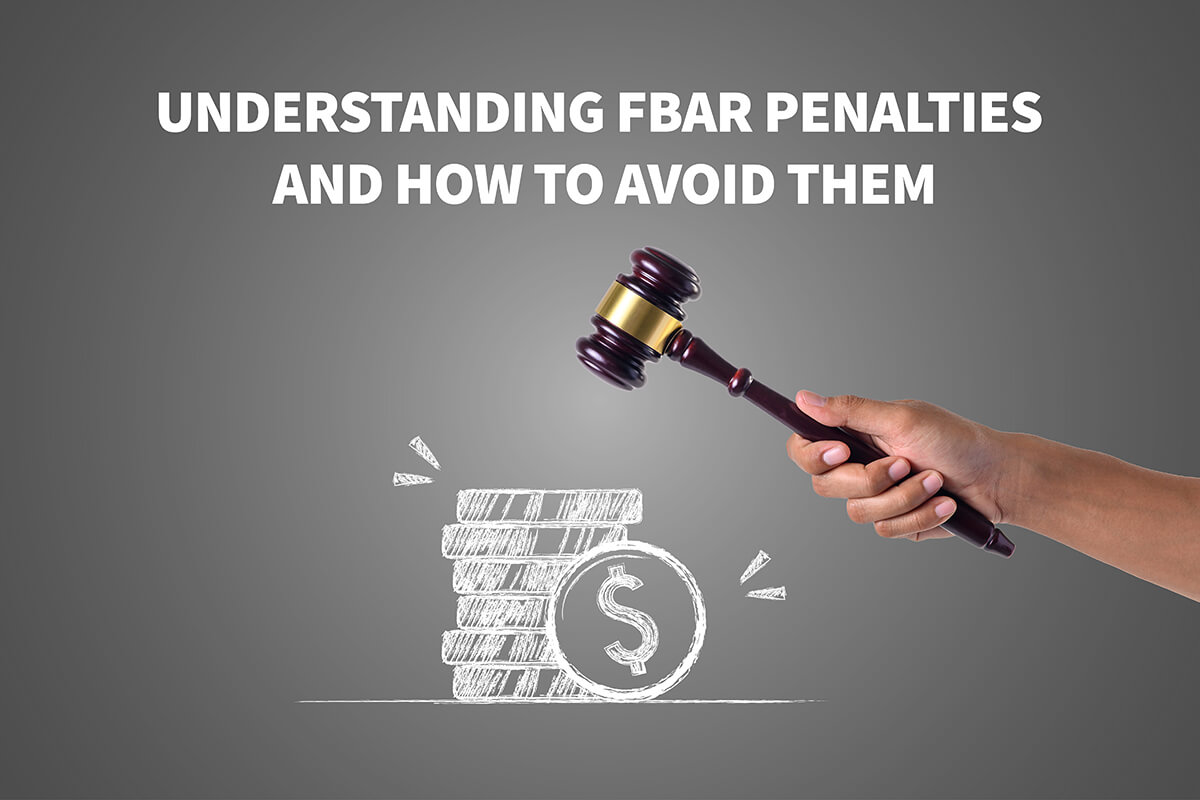Navigating the complexities of international taxation can be daunting for U.S. taxpayers with assets abroad. One critical element in this landscape is the FBAR, a report mandated by the U.S. Treasury to track foreign financial interests. Non-compliance can lead to hefty penalties, making understanding and adhering to FBAR regulations paramount. TaxHelpUSA offers expert guidance to ensure taxpayers meet their FBAR obligations and avoid potential fines.
What Is an FBAR?
The FBAR is a disclosure report required by the “Bank Secrecy Act” for US persons who have financial interests in or signature authority over foreign financial accounts that exceed $10,000 in aggregate value at any time during the calendar year. This includes bank accounts, pensions, and certain types of investment accounts.
FBAR Filing Requirements
The FBAR must be filed by US citizens, residents, and entities if the total value of their foreign financial accounts exceeds the $10,000 threshold at any point during the year. It is important to note that this requirement is based on aggregate value, not just individual account balances, and it includes any account over which the person has signature authority.
When Is the FBAR Deadline?
The FBAR deadline is April 15th, to coincide with federal tax returns. An automatic extension to June 15th is available to all taxpayers, with a further extension to October 15th available upon request. Timely filing is critical, as failure to file can lead to significant penalties.
What Is FBAR Late Filing Penalty?
Penalties for failing to file an FBAR are severe and can range significantly based on whether the violation is non-willful or willful. For non-willful violations, the penalty can be up to $10,000 per violation, whereas willful violations can incur a penalty of the greater of $100,000 or 50% of the account balances at the time of the violation.
Non-Willful FBAR Late Filing
Non-willful violations occur when taxpayers inadvertently fail to file an FBAR. Imagine a freelance graphic designer working remotely for various international clients. Unfamiliar with the intricacies of FBAR requirements, he might not realize that the cumulative payments received in his foreign account crossed the $10,000 threshold. In such scenarios, the IRS typically imposes a penalty of $10,000 per violation.
Willful FBAR Violations
Willful violations reflect a conscious choice to evade reporting requirements. For example, consider a business owner who operates both domestic and offshore accounts and is fully aware of the FBAR obligations due to previous years’ filings. If they decide to exclude a foreign account from their FBAR to minimize tax liability, this intentional omission could be deemed willful, carrying a penalty of $100,000 or 50% of the account balance, whichever is higher. More so, if the IRS discovers the discrepancy, the taxpayer could also face criminal prosecution.
Avoiding FBAR Penalties
The best way to avoid FBAR penalty is through timely compliance with filing requirements. For those who may have missed their filing obligation, the IRS offers an amnesty program called the Delinquent FBAR Submission Procedures, allowing for late filings without additional penalties under certain conditions.
Avoiding FBAR penalties is a matter of due diligence and timely action. TaxHelpUSA assists in this by providing:
- Thorough reviews of your accounts to ensure all necessary filings are identified and completed.
- Expert advice on navigating the complexities of FBAR requirements.
- Proactive strategies to manage and report your foreign financial assets correctly.
Didn’t File Your FBAR Report? We Are Here to Help
If you’ve neglected to file your FBAR, TaxHelpUSA offers a lifeline. Our team specializes in helping clients become compliant without paying more than necessary. We can guide you through the IRS amnesty programs, such as the Streamlined Filing Compliance Procedures or the Delinquent FBAR Submission Procedures, helping to mitigate penalties. Beyond just resolving past oversights, we offer ongoing support to keep you in good standing with your future FBAR filings. Trust in TaxHelpUSA to bring clarity to your FBAR obligations and secure your financial standing.
FAQs
Yes, if the aggregate value of the accounts exceeds $10,000 at any point during the tax year.
Choosing not to file can lead to significant penalties, especially if the failure is deemed willful.
You should consider the Delinquent FBAR Submission Procedures to potentially avoid penalties.
